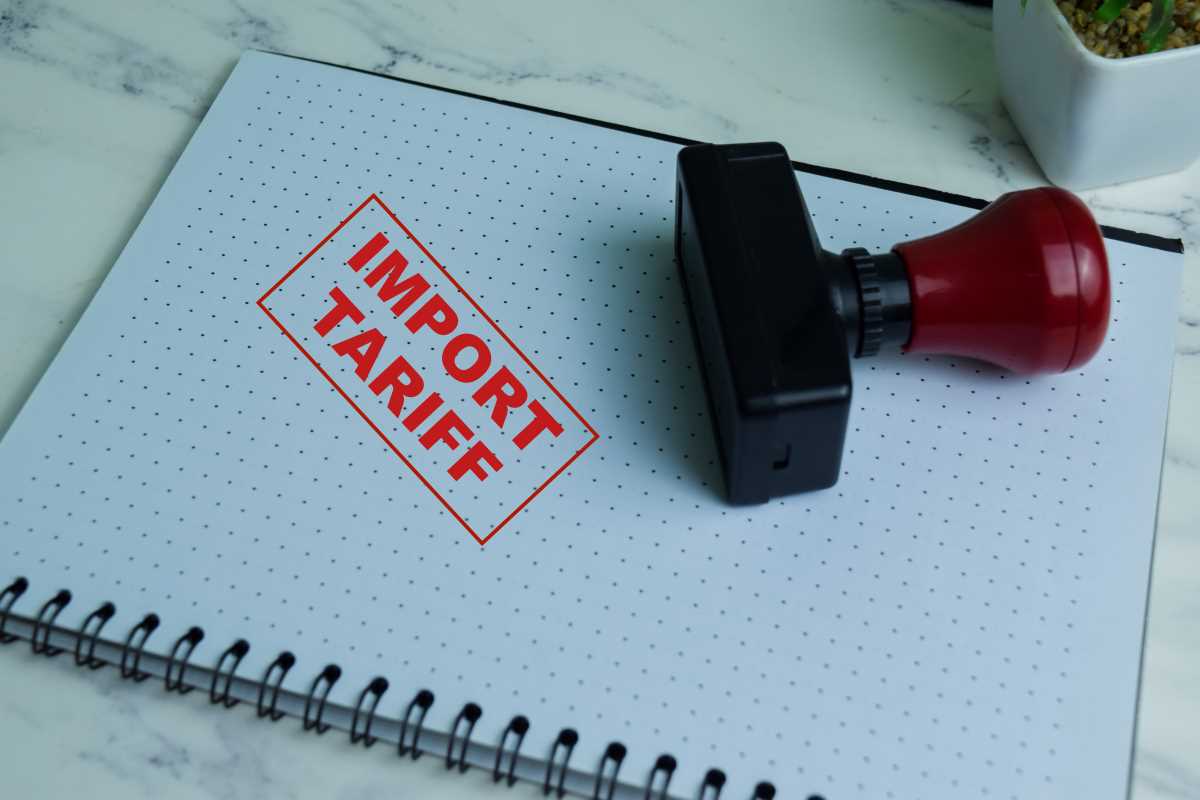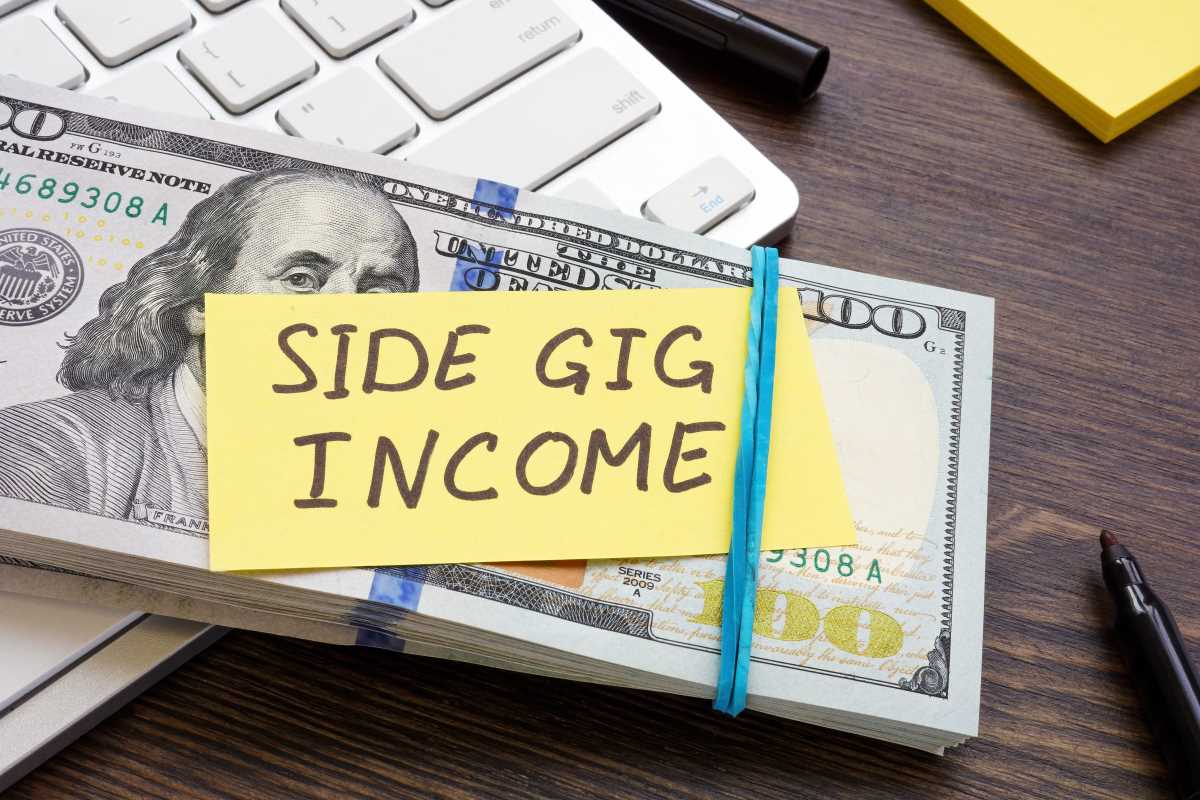You’ve probably heard the word thrown around, especially in the news, but what are they, and why should you care? Basically, tariffs are taxes on imported goods, and those taxes can affect how much you pay for everyday stuff. Let’s break it down so you can understand precisely how tariffs can change the price of things you buy—and why they matter.
What Are Tariffs?
In simple terms, tariffs are taxes that a government imposes on goods coming into the country. So, when companies import products from other countries, they have to pay a fee or tax to bring them in. This fee is called a tariff. While it might seem like a small thing, it can have a big impact on how much you pay for things like electronics, clothes, food, and more.
Think of tariffs like a toll booth on a highway. When goods cross a border, they have to “pay the toll” to enter. That toll is passed on to consumers, which is why the prices of goods can increase when tariffs are introduced.
Why Do Governments Enact Tariffs?
Governments have several reasons for imposing tariffs:
- Protect Domestic Industries: One of the biggest reasons for tariffs is to protect businesses within the country. If goods from another country are cheaper, local businesses might struggle to compete. By making imported goods more expensive, tariffs help local companies stay competitive.
- Generate Revenue: Tariffs can be a way for the government to earn money. The funds collected from tariffs can be used for public services and infrastructure projects.
- Negotiate Trade Deals: Governments sometimes use tariffs as a bargaining chip in trade negotiations. If two countries negotiate over trade terms, one might raise or lower tariffs to get a better deal.
How Do Tariffs Affect the Cost of Goods?
When a tariff is imposed on an imported good, it leads to a chain reaction that affects the price of products at every stage of the process:
- Increased Costs for Importers: The first step in the process is that importers (companies bringing goods into the country) have to pay the tariff. This adds an extra cost to the product.
- Higher Prices for Consumers: To cover that added cost, retailers (stores selling the goods) often raise their prices. This means when you go to buy something that’s imported, like a smartphone or a shirt made overseas, you might find that the price is higher than it used to be.
- Reduced Demand: Higher prices can also lead to reduced demand. When the cost of imported goods goes up, consumers might choose to buy fewer of those goods or look for cheaper alternatives. This can hurt businesses that depend on selling imported products.
- Impact on Domestic Industries: While tariffs can make imported goods more expensive, they can also help domestic industries by making local products look cheaper in comparison. But tariffs can also hurt domestic manufacturers, especially if they rely on imported raw materials. If the cost of importing materials like steel or electronics increases due to tariffs, the cost of making domestic products could also rise, leading to higher prices for things like cars and household appliances.
Example:
Let’s take an example to see how tariffs work in real life. Imagine a company in China makes smartphones and exports them to the U.S. The U.S. government decides to place a tariff on Chinese-made smartphones. Now, the company in China has to pay a tax to bring those phones into the U.S.
What happens next? Well, to make up for the extra cost of the tariff, the company raises the price they sell the phones to U.S. stores. Then, the stores raise the price they charge you when you buy that phone. So, you end up paying more for the smartphone than you would have if there were no tariffs. This is how tariffs make things more expensive for consumers.
What Does This Mean for You?
Now that you know how tariffs work, what does this all mean for you, the consumer? Here are a few ways tariffs can impact your wallet:
- Higher Prices: Tariffs can lead to higher prices for a variety of goods. For example, electronics, clothing, food, and household items that are made overseas can all become more expensive. So, if you rely on imported goods, you might notice your budget stretching thinner as prices go up.
- Less Choice: Sometimes, tariffs can reduce the availability of imported goods. If the price of foreign goods gets too high, retailers may stop selling them, or manufacturers might shift production elsewhere. This can leave you with fewer options when you shop, which can be frustrating if you’re looking for something specific.
- Impact on Your Budget: If you regularly buy products that are impacted by tariffs, you might see your overall spending go up. This can put a strain on your budget, especially if you need to buy things like clothing, food, or gadgets that are subject to higher prices.
How to Deal With Tariffs:
Although tariffs can be frustrating, there are a few ways you can manage the impact on your budget:
- Shop Around: Not all retailers will raise prices the same way. It’s a good idea to compare prices from different stores to find the best deals. Sometimes you can find the same product at a lower price from a different retailer that’s less affected by tariffs.
- Buy Local: To avoid paying extra due to tariffs, consider buying goods made in your own country. In addition to supporting local businesses, you won’t have to worry about the additional costs of importing goods.
- Be Mindful of Sales: Keep an eye out for sales or discounts, especially on items affected by tariffs. Retailers might offer deals to offset the higher prices, so you can still get a good price on products.
- Stay Informed: Tariff policies change all the time, so it’s important to stay up-to-date on any trade news or policy changes. If tariffs are raised on products you regularly buy, you might want to stock up before prices go even higher.







